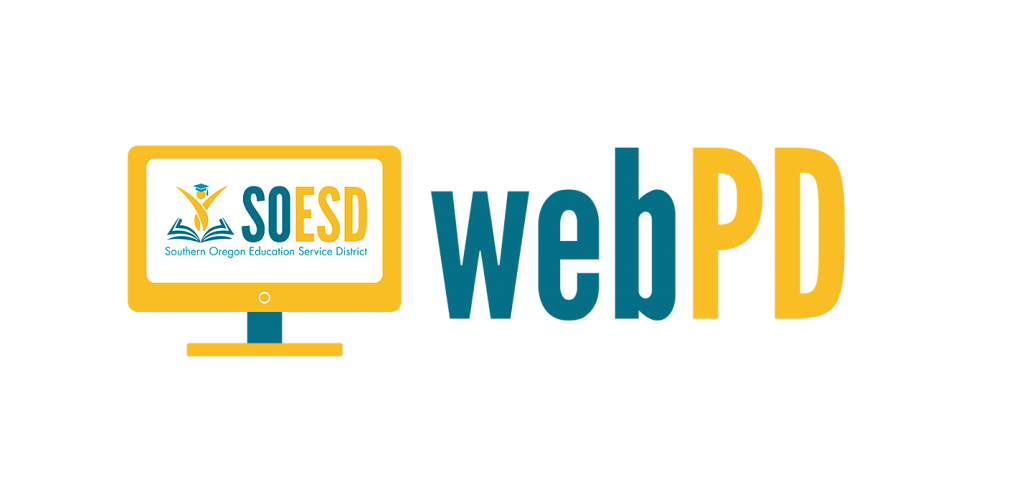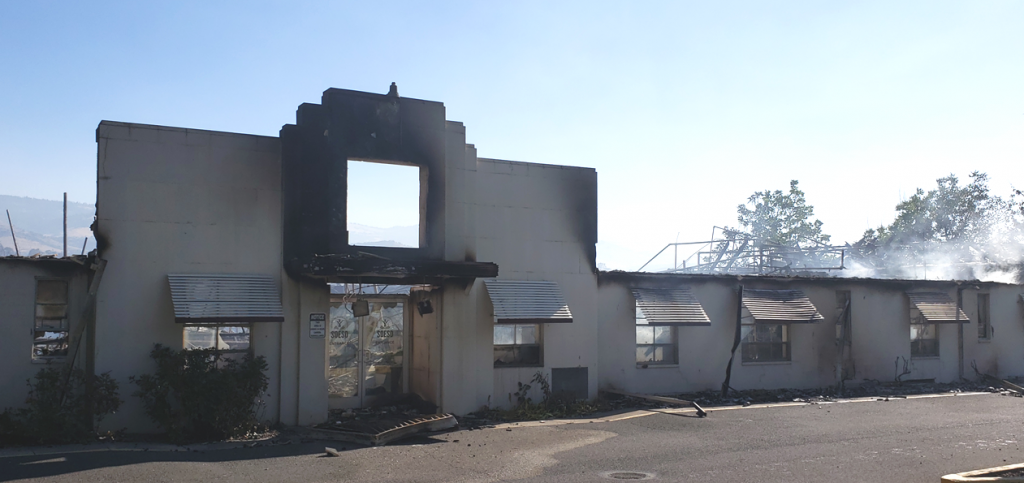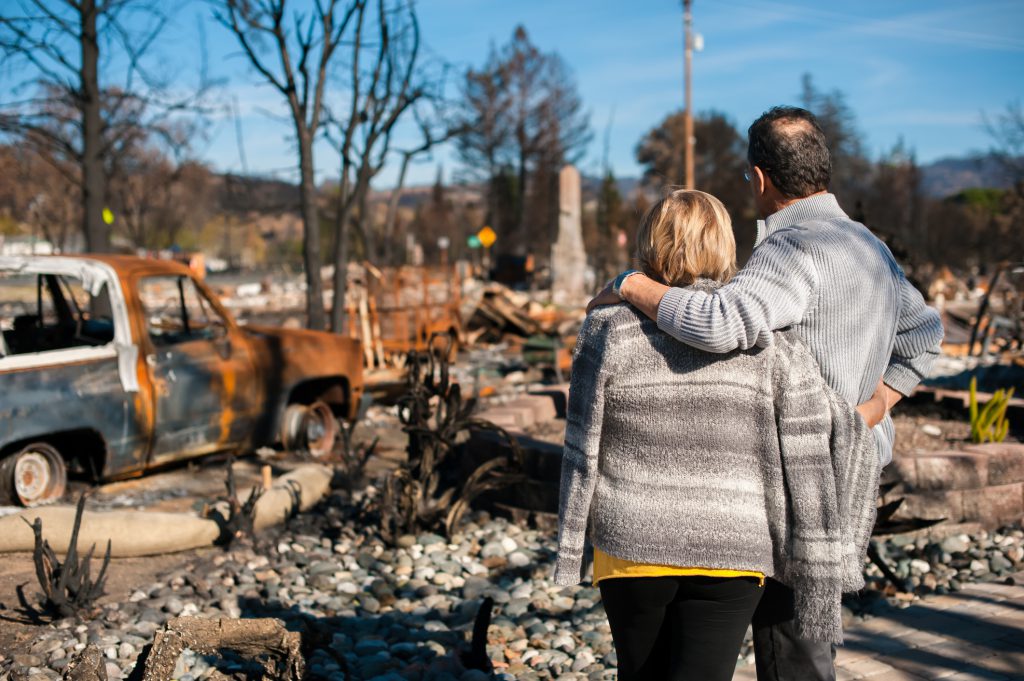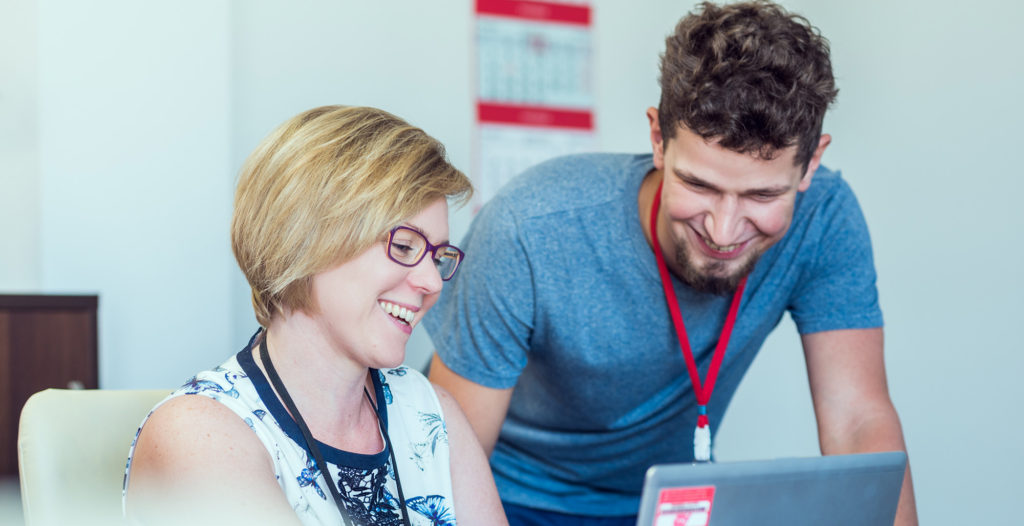
All Events Presented Free via Zoom
View Events
All Events Presented Free via Zoom
View Events
Are you a parent of a 3 or 4 year old child?
¿Es padre de un niño de 3 o 4 años?
Do you live in Jackson or Josephine County?
¿Vives en el condado de Jackson o Josephine?
Would you like your child to attend a preschool at no cost to your family?
¿Le gustaría que su hijo asistiera a un preescolar sin costo para su familia?
To learn more about Preschool Promise:
Para obtener más información sobre Preschool Promise:
About Southern Oregon Early Learning Services Hub
The Southern Oregon Early Learning Services Hub (SOELS) brings together partners in the sectors of early learning, K-12 education, health, social and human services, and private sector business to improve outcomes for families with children under the age of six. With better coordination and alignment of resources and services, our families become more healthy, stable and attached and our children arrive at kindergarten prepared and supported for success. SOESD generously provides the fiscal and administrative supports for SOELS.
Acerca del Centro de Servicios de Aprendizaje Temprano del Sur de Oregon
El Centro de Servicios de Aprendizaje Temprano del Sur de Oregón (SOELS) reúne a socios en los sectores de aprendizaje temprano, educación K-12, salud, servicios sociales y humanos y empresas del sector privado para mejorar los resultados de las familias con niños menores de seis años. Con una mejor coordinación y alineación de recursos y servicios, nuestras familias se vuelven más saludables, estables y unidas y nuestros niños llegan al jardín de infantes preparados y apoyados para el éxito. SOESD proporciona generosamente el apoyo fiscal y administrativo para SOELS.
For more information/ For assistance in Spanish/
Para más información: Para obtener ayuda en español:
René Brandon Lorena Juarez
Southern Oregon Early Learning Services Hub Child Care Resource Network
Southern Oregon ESD Southern Oregon ESD
rene_brandon@soesd.k12.or.us lorena_juarez@soesd.k12.or.us
541-776-8590 x 1154 541-810-3424

This September SOESD lanched webPD, an online platform that gives Southern Oregon educators a convenient, flexible way to partake in professional development courses, engage with fellow educators within learning cohorts, and earn the professional development units (PDUs) required to maintain their teaching licenses.
webPD is the brainchild of Director of School Improvement, Dr.Mark Angle-Hobson. The platform was developed in support of the Southern Oregon Regional Educator Network’s tenets (equity, teacher voice, learner relevance and accessibility for ALL educators), and the challenges educators face when attempting to achieve their personal educational goals. “Teachers lead busy lives. They’re in the classroom before school begins preparing lessons; they spend the school day delivering lessons and tending to student needs; after school, they spend hours grading papers and caring for their families at home. Even in the calmest of times, it’s difficult for educators to attend conferences and workshops. Then you throw in a pandemic and natural disaster or two…Self-paced, online courses with a minimal time commitment make sense,” says Angle-Hobson.
webPD will roll out over three years. In its first year, webPD will offer five, five-week courses developed around themes based upon district priorities: Adverse Childhood Experiences (ACEs) 101, Trauma Informed 101, Equity 101, Social Emotional Learning 101 and Universal Design for Learning 101. Year two will include the 101 courses with the addition of five intermediate (201) courses; year three will offer the 101 and 201 classes as well as five advanced (301) courses. Registration for ACEs 101 is now open.
Angle-Hobson pointed out, “By the end of year three, educators can earn all the PDUs they need to renew their teaching license through webPD. What’s more, SOESD is offering free enrollment to its 13 component districts during year one.”

Our Southern Oregon community is navigating through an extraordinarily challenging time. Pain and up-heaval from the fires, COVID-19, racial injustice, and the upcoming election are weighing heavily on the hearts and minds of our educators ,who in the midst of all of these trials, are giving everything they can to support students and their families. And while there are deep ripples of heartbreak, loss, and grief, we are also witnessing the resiliency, generosity, and capacity of our community to overcome and come together. As we find our way through these complex times, we are reminded of the power of relation-ship and the necessity of community.
SOESD and Resolve invite you to participate in a series of online care and connection circles created to give educators a facilitated space to check in, share stories, listen, be present, and build a community of support during this time. While participants are encouraged to sign up for either the Tuesday morning or Thursday afternoon series to promote deeper connections and sharing, you are welcome to join any session that fits your interests, needs, and schedule.
Circle Dates and Discussion Focus:
Register through PDNetworks. (Search by using keyword, “care.”)
“Relationships are all there is. Everything in the universe only exists because it is relationship to everything else. Nothing exists in isolation. We have to stop pretending that we are individuals that can go it alone.”
~ Margaret Wheatley

As a result of the recent Almeda fire, SOESD suffered the tragic loss of all buildings on the SOESD Phoenix campus, a location which has served the community since 1907. The SOESD Board has passed a resolution declaring an emergency in order to expedite the recovery effort. SOESD staff previously assigned to the Phoenix campus have been relocated to other SOESD buildings, or are working remotely in order to continue providing services to students, families, and the community during this tremendous time of need. SOESD thanks the many ESDs across the state that have contributed to temporarily replace equipment lost in the fire, so that SOESD can continue providing critical services during the larger scale recovery effort.

Our hearts go out to all those suffering incredible loss due to the recent fires, and also to those helping the community recover and rebuild during this traumatic time. Thank you to the many community members that have contributed to various SOESD donation drives in order to provide clothing and supplies to those in the community that have been displaced. In coordination with the Governor, SOESD is participating on a committee to coordinate a variety of housing options and funding through FEMA disaster declaration.
A list of compiled resources to assist those affected by the fires is available here.

OESD’s For Teachers By Teachers Promising Practices Symposium promises to be a day of learning and sharing for educators from throughout Southern Oregon. Attendees will have the opportunity to virtually attend three two-hour sessions (and earn up to six PDUs) on hot topics in the areas of science, math and educational technology. Six sessions will be presented by peers, recognized as local experts and leaders. The remaining three sessions will be led by vendors. All nine presenters were part of the recent EDTech Summit and were identified via attendee survey as conference MVPs.
Session titles and times are below. Registrants will select the one to three sessions they wish to attend via a conference app on the day of the symposium. Information on how to use the conference app will be sent to registrants during the week before the event.
Session Offerings for the 8 am to 9:50 am timeslot include:
Session Offerings for the 10 am to 11:50 am timeslot include:
Session Offerings for the 1 pm to 2:50 pm timeslot include:

The STAR Online Learning System (SOLS) for primary and/or secondary students and the STAR Media Center will be used to demonstrate the remote learning methods.
Presented by Oregon Program Autism Training Sites & Support Staff & Oregon Regional Programs
What/Who:
This training is intended as an introduction to the Comprehensive Remote Training Workshops that will be conducted throughout the months of September and October. Participants will receive a brief overview of virtual training options for how to implement asynchronous and synchronous (instructor led) remote learning practices for students with autism and other developmental disabilities. A brief overview of the evidence-based practices as used in the STAR Online Learning System (SOLS) will be incorporated into the workshop. This workshop is appropriate for teachers, assistants, related service providers, specialists and administrators working with students in PreK-Transition level with ASD and other related developmental disabilities.
Options to Register for 1-hour Mini-Overview:
Comprehensive 2-Day Workshops | Click here for More Information
Comprehensive 2 Day Workshop Only
The Oregon Department of Education has made a small amount of funds available to reimburse participating agencies for staff substitute pay or to pay a stipend to staff who are not yet under contract at the time of the workshop. These funds are to provide release time to staff to be involved in ORPATS training (Workshops and/or visits to ORPATS Training Sites). This funding must be approved ahead of time and is on a first come first served basis. Please click here to download forms and instructions for submitting or visit the orpats.org website. Persons with disabilities or who are in need of additional accommodations or a language interpreter in order to attend should contact Kathi Dehm, 503-297-2864.
Please note: Attendees will get access to the STAR Media Center when attending this workshop. Access to SOLS will require a separate fee. However, participants can use the remote learning techniques described at the workshop without purchasing SOLS.

The 2020-2021 school year was kicked off by the Southern Oregon Equity Summit 2020. The event included high-profile speakers and breakout sessions that provide strategies for understanding equity through a trauma-informed practices approach.
SOESD developed a book list to support the event topics.
View the Online Store